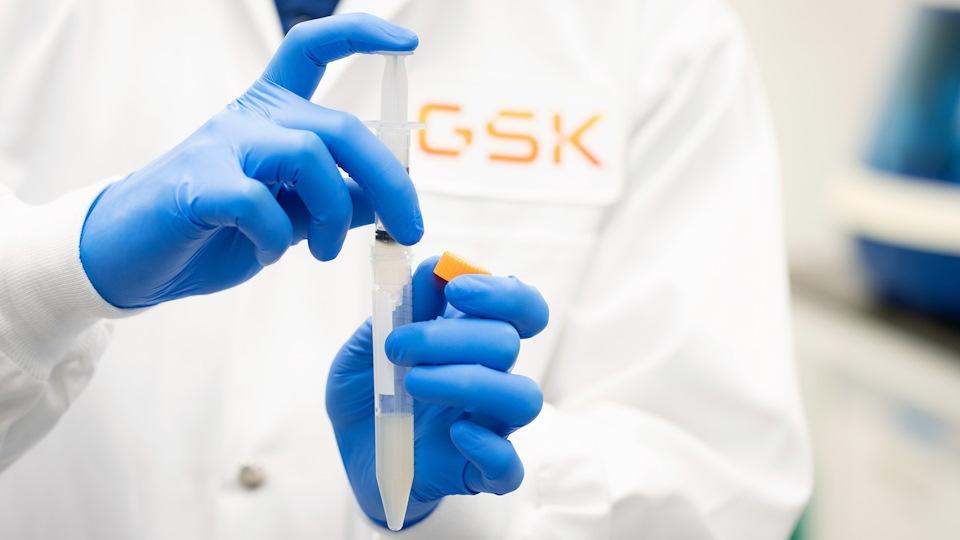ERS: GSK reveals data behind new asthma hope depemokimab

GSK's new long-acting drug candidate for severe asthma, depemokimab, reduced the rate of severe attacks by 54% in a pair of phase 3 trials presented at the European Respiratory Society (ERS) congress in Vienna.
The results of the SWIFT-1 and SWIFT-2 studies – which GSK teased in May – also showed a 72% reduction in clinically significant exacerbations that required hospitalisation or a visit to an emergency room, although, depemokimab missed the mark on some other endpoints, including lung function, asthma symptoms, and quality-of-life scores at 52 weeks.
Overall though, the results suggest GSK is on track to file for approval of the anti-IL-5 antibody, which can be dosed as infrequently as twice a year. The data was published in the New England Journal of Medicine at the same time as being presented at ERS.
If approved, depemokimab would be a companion and successor to Nucala (mepolizumab), a once-monthly IL-5 inhibitor approved for severe asthma and various other indications that made sales of almost £1.7 billion ($2.2 billion) last year.
IL-5 is a key cytokine driving the reproduction, activation, and survival of eosinophils – immune cells that are elevated in more than 50% of patients with severe asthma – and are a marker of type 2 inflammation.
GSK's head of respiratory and immunology R&D, Kaivan Khavandi, said that the drug had achieved the "fundamental treatment goal in asthma" by slashing asthma attacks and hospitalisations.
The annualised rate of exacerbations was 0.46 with depemokimab and 1.11 with placebo in SWIFT-1 and 0.56 and 1.08, respectively, in SWIFT-2. Patients in the studies were also being treated with medium to high-dose inhaled corticosteroids (ICS), plus at least one additional bronchodilator therapy.
"As a physician, it is encouraging to see results of research that could evolve the management of severe asthma," said SWIFT trial lead investigator David Jackson of King’s College London and St Thomas’ Hospitals in the UK.
"For me, preventing exacerbations, and particularly those that lead to hospitalisations, is a treatment priority for the people I see with severe asthma," he added. "Not only are exacerbations traumatic for patients, and contribute to pressures on healthcare systems/hospitals, but each exacerbation can cause irreversible changes to the tissue of the lungs that over time can lead to permanent loss of lung function and make a patient’s breathing progressively more difficult."
GSK said the data would be used to support regulatory filings for depemokimab around the world.
The new data comes shortly after GSK had more good news in its respiratory portfolio, when Nucala was able to achieve a significant reduction in the annualised rate of moderate or severe exacerbations in the MATINEE trial in chronic obstructive pulmonary disease (COPD).












